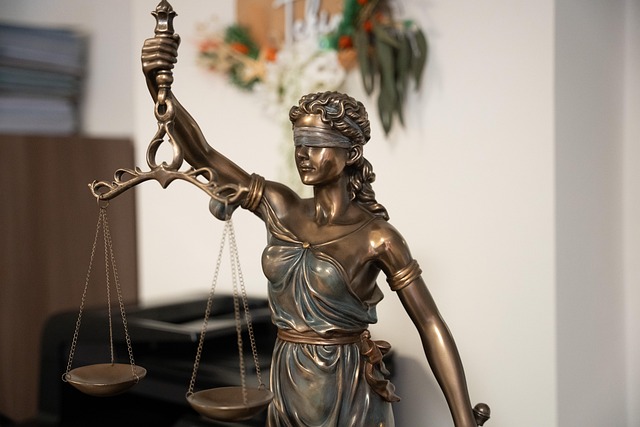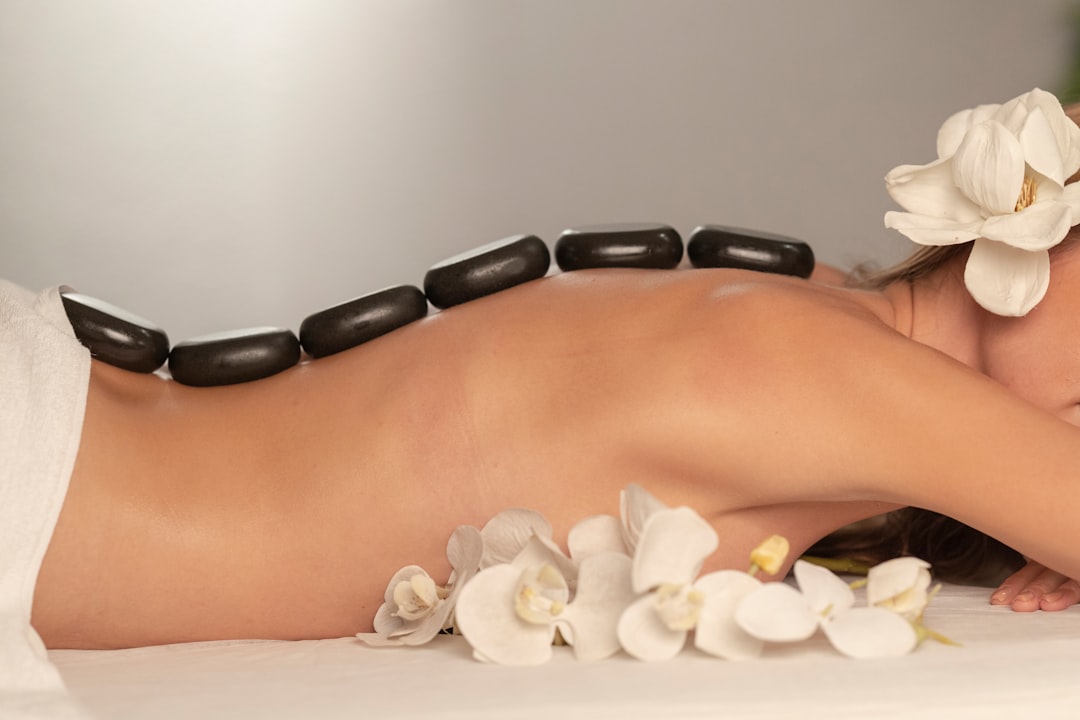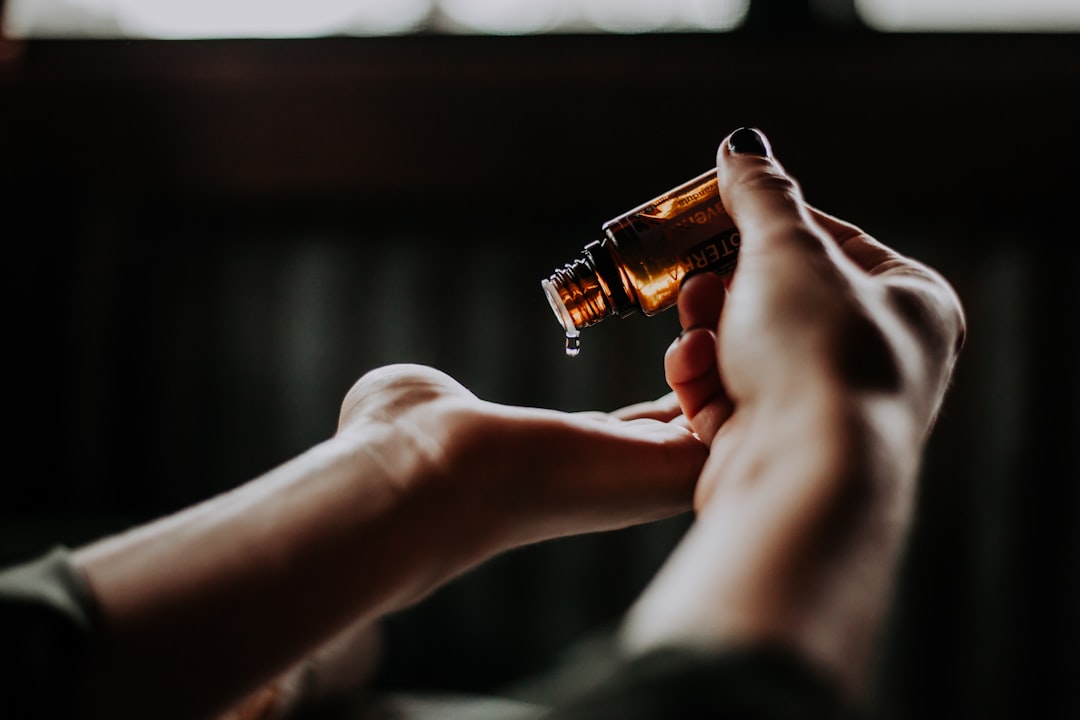In New Jersey, a history of massage abuse cases has reshaped the legal landscape of the spa industry. High-profile incidents led to stricter regulations and increased awareness, with massage abuse law firms advocating for victims. Landmark court rulings serve as a guiding tapestry, influencing strategies for both plaintiffs and defendants in contemporary massage abuse cases. However, gaps in state legislation and interpreting consent guidelines pose challenges, making specialized massage abuse law firms crucial for effective representation and justice.
In New Jersey, past rulings significantly shape current massage spa abuse cases. This article delves into the historical context of massage abuse incidents within the state, examines legal precedents set by previous court decisions, and explores their impact on ongoing litigation. We discuss challenges and gaps in the legal framework and highlight the crucial role of specialized massage abuse law firms in New Jersey. By understanding the tapestry of past rulings, victims can navigate the labyrinthine legal process more effectively, ensuring justice and compensation.
Historical Context: A Look at Past Massage Abuse Cases in New Jersey
In New Jersey, the history of massage abuse cases is a critical factor in understanding current legal battles within the state’s spa industry. Over the years, several high-profile incidents have brought national attention to the potential for harm during massages, prompting significant changes in legislation and public awareness. Many prominent massage abuse law firms in New Jersey have been at the forefront of these cases, advocating for victims and ensuring justice.
Historical records reveal a pattern of misconduct involving massage therapists who exploited clients’ vulnerabilities, leading to physical and emotional trauma. These past cases have shaped the current legal environment, where strict regulations aim to protect customers from similar abuses. As a result, New Jersey’s legal system has developed robust frameworks to address and prevent massage-related exploitation, with ongoing efforts to educate both practitioners and patrons alike.
Legal Precedents Set by Previous Rulings
In the complex landscape of legal interpretation, past rulings serve as guiding stars for current cases, especially in the realm of massage spa abuse. New Jersey’s judicial history is a tapestry woven with precedents that significantly influence how similar instances of mistreatment are adjudicated today. Legal experts and massage abuse law firms in New Jersey closely study these previous decisions to navigate the intricate web of laws protecting clients from harm.
Rulings from landmark cases have set important legal precedents, establishing standards for what constitutes acceptable practice within massage spas. These precedents shape the arguments presented by both plaintiffs and defendants, ensuring that justice is served based on consistent interpretations of the law. As a result, understanding these past rulings is crucial for anyone involved in massage abuse cases, as they provide insights into how courts may interpret and apply relevant laws when faced with contemporary scenarios involving negligence, assault, or harassment within the industry.
Impact on Current Massage Spa Abuse Litigation
In the complex landscape of massage spa abuse cases in New Jersey, past rulings serve as a crucial guide for current litigation. Previous court decisions have established important precedents that shape how similar cases are handled today. These rulings can significantly impact the strategies employed by both plaintiffs and defendants, influencing legal arguments and the overall outcome of ongoing and future lawsuits.
Massage abuse law firms in New Jersey actively study these past rulings to navigate the intricate details of each case effectively. By understanding the legal framework set by previous decisions, these firms can build stronger cases, anticipate potential challenges, and advocate for their clients’ rights more robustly. This analytical approach ensures that current litigation remains fair, just, and consistent with the evolving legal standards in New Jersey.
Challenges and Gaps in the Legal Framework
The legal framework surrounding massage abuse cases in New Jersey faces several challenges and gaps that contribute to a complex landscape for victims seeking justice. One significant issue is the lack of comprehensive state-level legislation specifically targeting massage therapy settings as sites of potential abuse. While general laws address sexual harassment and assault, they may not adequately cover the nuances and power dynamics unique to spa environments. This leaves room for interpretation and varying interpretations of what constitutes acceptable conduct, making it harder to prove and prosecute massage abuse cases.
Moreover, New Jersey’s legal system often grapples with establishing clear guidelines on consent in massage settings, particularly when it comes to therapeutic touch and personal boundaries. The state’s existing laws may not fully capture the complexities of informed consent, especially as massaged techniques evolve and clients may experience heightened vulnerability during treatments. These gaps in the legal framework create challenges for massage abuse law firms in New Jersey, who must navigate a nuanced legal environment to ensure effective representation and support for victims.
The Role of Law Firms Specializing in Massage Abuse Cases
In the complex landscape of legal battles involving massage spa abuse in New Jersey, specialized law firms play a pivotal role. These experts are well-versed in navigating the intricate web of past rulings and legal precedents that significantly impact current cases. Their profound knowledge ensures they can provide tailored strategies to clients facing accusations or seeking justice.
Massage abuse law firms in New Jersey have meticulously studied previous decisions, enabling them to anticipate potential outcomes and devise robust defenses. By understanding how past rulings have shaped the legal framework, these firms offer specialized representation, advocating for their clients’ rights. Their expertise facilitates a deeper exploration of the dynamics between spa owners, employees, and customers, ultimately contributing to fair resolutions in current abuse cases.






